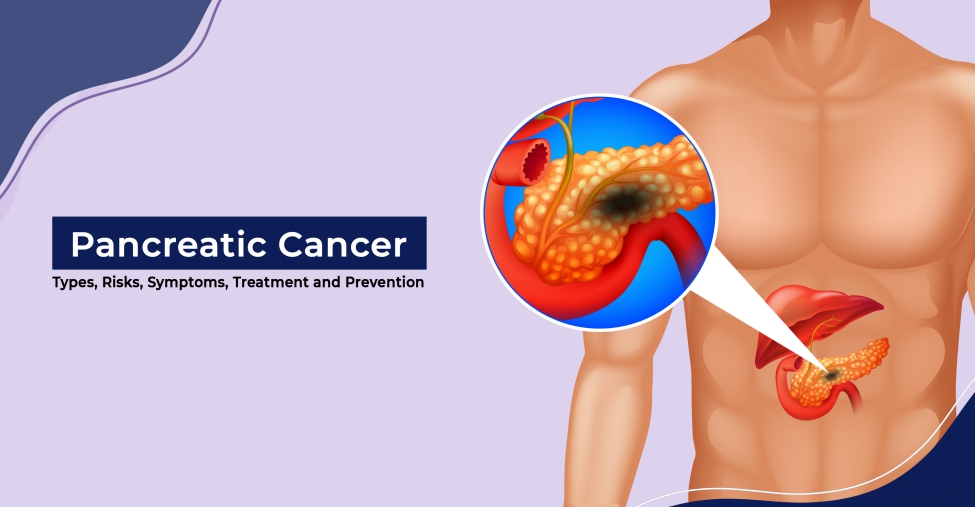Foods That Are Proven to Be Carcinogenic

Many foods have been shown to increase your risk of cancer. These include processed meat, red meat and salty foods.
Processed meats, including hotdogs, ham and sausages, have been linked to colorectal cancer and stomach cancer. These foods should be avoided as much as possible.
Processed Meat
Processed meat is any type of red meat (beef, pork, lamb and veal) that has been transformed by salting, curing, smoking or other methods to improve taste or prolong its shelf life. This includes bacon, ham, sausages, hot dogs, canned meats and corned beef.
Several studies have shown that high amounts of processed meats increase the risk of colorectal cancer, prostate and pancreatic cancer. Among men, eating about 50 grams of processed meat per day (as many as four strips of bacon or a hot dog) increased the risk by 18%.
Processing of meat – whether through curing, smoking or adding nitrates or nitrites – introduces various chemicals that may lead to cancer. These include heterocyclic amines and polycyclic aromatic hydrocarbons. These are often accompanied by heme iron, which can facilitate the formation of carcinogenic N-nitroso compounds.
Red Meat
Red meat includes beef, veal, lamb, mutton and pork. The United States Department of Agriculture (USDA) defines red meat as “meat from a mammal or fowl” and white meat as “meat from a fish or other animal.”
People who have unhealthy lifestyle patterns-like eating processed foods, moving less, smoking cigarettes and drinking alcohol-are more likely to consume red meat. These people are also more likely to have diets that include a lot of sugar and processed fats, both of which have been proven to be carcinogenic.
This may explain why, according to the World Health Organization, high intakes of red and processed meats have been linked to a greater risk of some cancers, including colorectal and breast cancer. Researchers believe that the chemicals heterocyclic aromatic amines (HAA) and polycyclic aromatic hydrocarbons (PAHs), which are formed by high temperature cooking of red meat, contribute to this increased risk.
Salt
The International Agency for Research on Cancer, or IARC, lists 116 foods and activities that are proven to be carcinogenic. This is the group 1 list – foods that are definitely capable of causing cancer in humans.
Processed foods and other ultra-processed foods are also known to increase the risk of cancer. Some of these foods include fizzy drinks, ready meals, reconstituted meat products and sugary cereals.
Salt, a common food additive, has been linked to several health problems including heart disease and diabetes. The American Heart Association recommends limiting salt intake to less than sodium chloride, or table salt, of about 2400 mg per day.
Sodium has been added to many foods in the Western diet, particularly processed and canned foods. The amount of sodium added during processing can be two to 310 times the level found in natural fruits and vegetables. Sodium is also added to other foods during the preparation of many dishes such as meats, pickles, soups, and snacks.
Sugar
Sugar is a type of carbohydrate and is made from carbon, hydrogen and oxygen. Its chemical formula is C12H22O11, and it typically has a name that ends in “-ose.”
The body uses glucose for energy. It is a natural source of this important nutrient, but too much can cause health problems such as diabetes, obesity and heart disease.
In foods, sugars serve as a sweetener, helping to enhance taste. They can also be used to provide texture or body, as in ice cream and syrup.
Most people know about the simple monosaccharides fructose and glucose, but they also exist in complex forms, including disaccharides, oligosaccharides and polysaccharides. The most common forms of disaccharides are lactose (two fructose units) and maltose (two glucose units).






